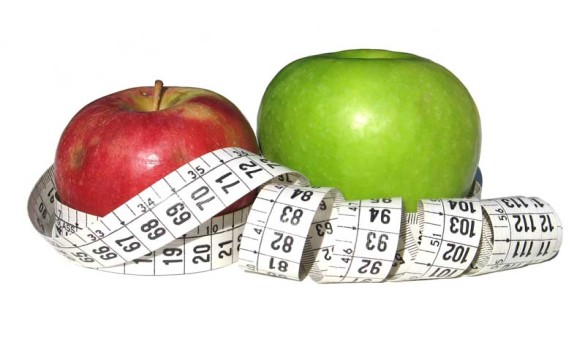Aging is a natural process that everyone goes through, but there are ways to take care of yourself in order to have the best quality of life possible each and every year you grow older. First of all, avoiding health hazards such as tobacco use, drug use and alcohol abuse will eliminate any additional diseases and health problems for your body. For example, smoking decreases lung capacity, dehydrates the body, and causes lung and lung related cancers. But other than avoiding these health hazards, there are other measures individuals can take to live healthy lives into late adulthood.
“Coronary heart disease correlates with senescence, but it is not directly caused by any one aspect of aging.” (Berger, p.528) Eating a healthy, balanced diet and exercise are important during the entire lifespan and can reduce some of the health risks related to senescence (the natural process of aging that begins when we stop growing), like cardiovascular disease, and most types of cancer. “A varied diet high in fruits, vegetables, and grains is better than one high in fat” (Berger, p. 541) and can reduce one’s risk for developing type II Diabetes, high cholesterol and other obesity related illnesses. Exercising regularly is positively affected by one’s personal commitment, supportive friends, and community environment,” so evaluating your life, your environment and the people in it may improve your ability to stick to a healthy lifestyle (Berger, p. 539).
Exercise and nutrition also improves brain functioning, which slows down with age. Getting enough sleep is equally important for your mental and overall health. Another important thing to remember is, you should always follow your doctors instructions, such as taking medications and other advice. Less than half of all adults follow their doctors instructions which can lead to health complications and even pre-mature death (Berger).

 RSS Feed
RSS Feed